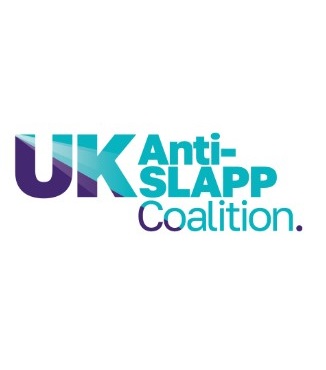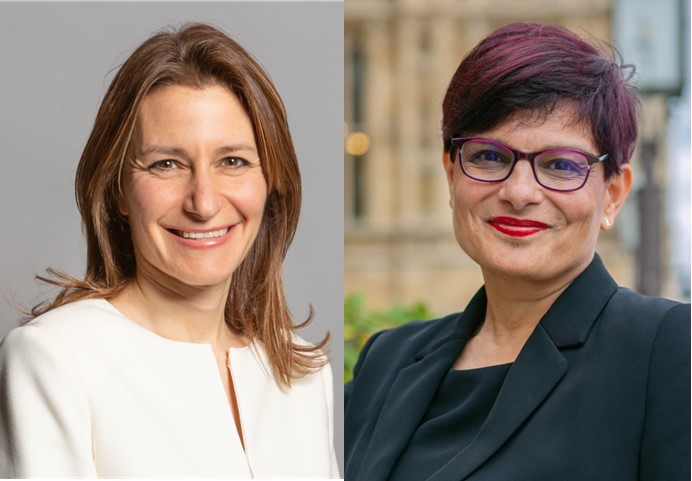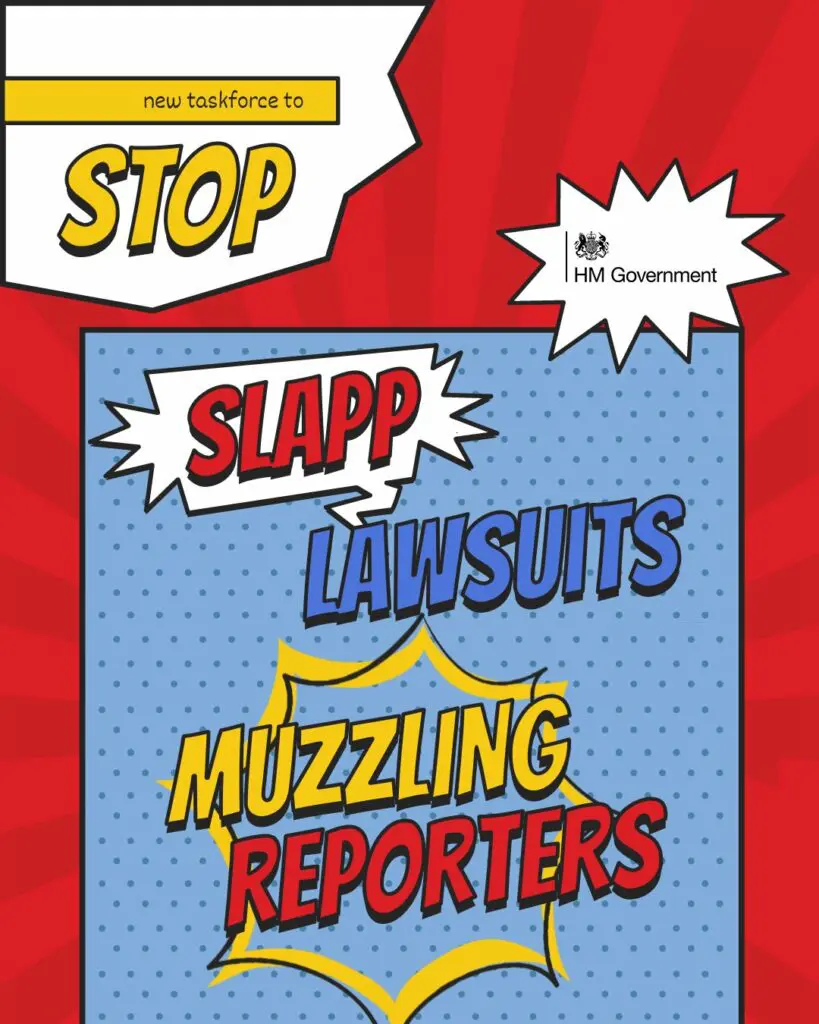Section 40 Briefing Document
To find out the NMA's position on Section 40 download our briefing document
Why is it important?
The press provides the platform for a multiplicity of voices to be heard. At national, regional and local level, it is the public’s watchdog, activist and guardian as well as educator, entertainer and contemporary chronicler. Press freedom is an essential pillar to any democracy. As the eyes and ears of the public, journalists must be able to report upon matters of public interest without fear of arrest or other forms of interference.
Current threats
The battle between politicians and the press in the wake of the Leveson Inquiry has abated but not disappeared. Section 40 of the Crime and Courts Act 2013 is designed to punish newspapers in libel and privacy cases – even if they win – if they have refused to sign up to state-backed regulation, a mixture of medieval prerogative and political control. No significant publications have chosen to submit to this regime. Instead, the majority of the industry – nationals, regionals and magazines – has signed up to a tough new system of self-regulation under the Independent Press Standards Organisation which started work in September 2014.
The NMA is also campaigning for the government to introduce anti-SLAPP measures into legislation to protect journalists and news publishers from being unduly censored and intimidated. SLAPPs, or strategic lawsuits against public participation, are a tool used by wealthy individuals to intimidate and financially burden those who seek to expose wrongdoing. These lawsuits threaten the defendant with exorbitant legal costs, making it difficult for them to defend themselves against the claim. Russian oligarchs have been known to use SLAPPs as a means of silencing journalists, often by making false claims of defamation and invasion of privacy. This prevents the publication of information that is in the public interest.
Other threats
"Free speech is not just having the right to speak and publish freely. It also rests on everyone having the ability to do so. This means investing in local media and in ensuring platforms treat everyone equitably when they express themselves — including those whose views and ideas we might find offensive. If journalists, if any of us, are prevented — through abuse of law, through verbal and physical threats, through violence, imprisonment and murder — from speaking truth to power, then we are all diminished."
Jodie Ginsberg, president of the Committee to Protect Journalists
Other threats to press freedom include proposals for an online harms regime, unless news publishers’ websites and content are exempted, Law Commission proposals for tougher criminal laws against government leaks, efforts to water down Freedom of Information legislation which the NMA has successfully campaigned against, new court reporting restrictions, and the use of state surveillance powers to uncover journalists’ sources.
Journalists in the UK are already subject to a wide range of legal restrictions. These include libel laws, official secrets and anti-terrorism legislation, the law of contempt and other legal restrictions on court reporting, the law of confidence and development of privacy and data protection actions, intellectual property laws, legislation regulating public order, trespass, harassment, anti-discrimination and obscenity.
There is some special provision for journalism and other literary and artistic activities, chiefly intended as protection against prior restraint, in the data protection and human rights legislation. There are some additional judicial safeguards requiring court orders or judicial consent before the police can gain access to journalistic material or state agencies can instigate surveillance in certain circumstances but, in practice, the law provides limited protection to journalistic material and sources.
What action do we want to see?
The NMA campaigns to safeguard press freedom, and to promote freedom of expression, open government and open justice. It resists any special controls on the press. It continues to make the case for independent self-regulation of the press versus any form of state-backed regulation. The industry remains wholly opposed to the Royal Charter and the legislation underpinning it.
The Government is committed to the repeal of Section 40 at the first appropriate opportunity. The Media Bill, introduced into Parliament in the King’s Speech in November 2023, provides the ideal chance to finally get rid of this injurious threat to press freedom, whilst delivering on the Government’s manifesto pledge.
SLAPPs pose a serious threat to freedom of speech by the rich and powerful who abuse our legal system to evade legitimate scrutiny. The News Media Association welcomed the new SLAPPs taskforce launched in September 2023 by the Department for Culture, Media and Sport. The taskforce, of which the NMA is a member, intends to build on anti-SLAPP measures recently built into the Economic Crime Bill, with the view to entirely ban the practice of SLAPPs in UK courts and thereby protect all public interest journalism.
The NMA welcomed the introduction of a Private Members’ Bill from MP Wayne David in December 2023 to protect free speech and prevent SLAPPs from being used to target public interest reporting. The NMA welcomes the aims of the Bill, however, to effectively achieve the Bill’s aims, two simple amendments are required. Firstly, the complex subject test should be replaced with an objective one based on the identifiable features of abuse. Secondly, it is necessary to ensure that the powers granted by the Bill do not undermine any existing laws, particularly the public interest test in the Defamation Act.
It is necessary to make these small changes to ensure that the Bill fulfills its purpose and protects freedom of speech for everyone.




